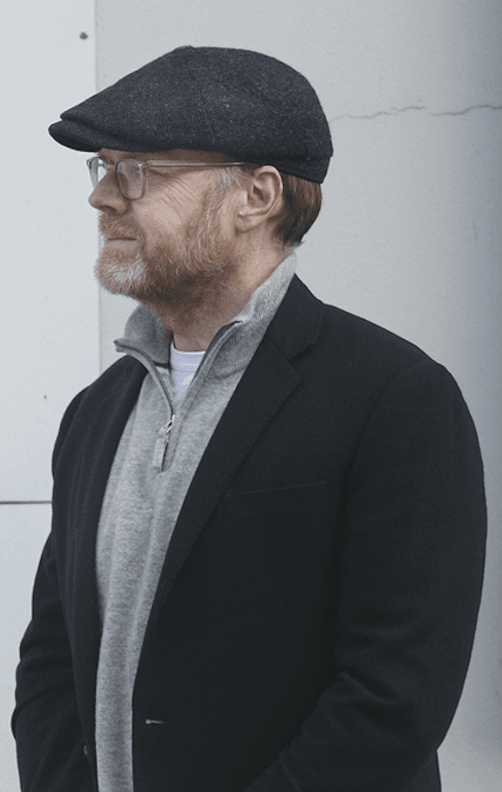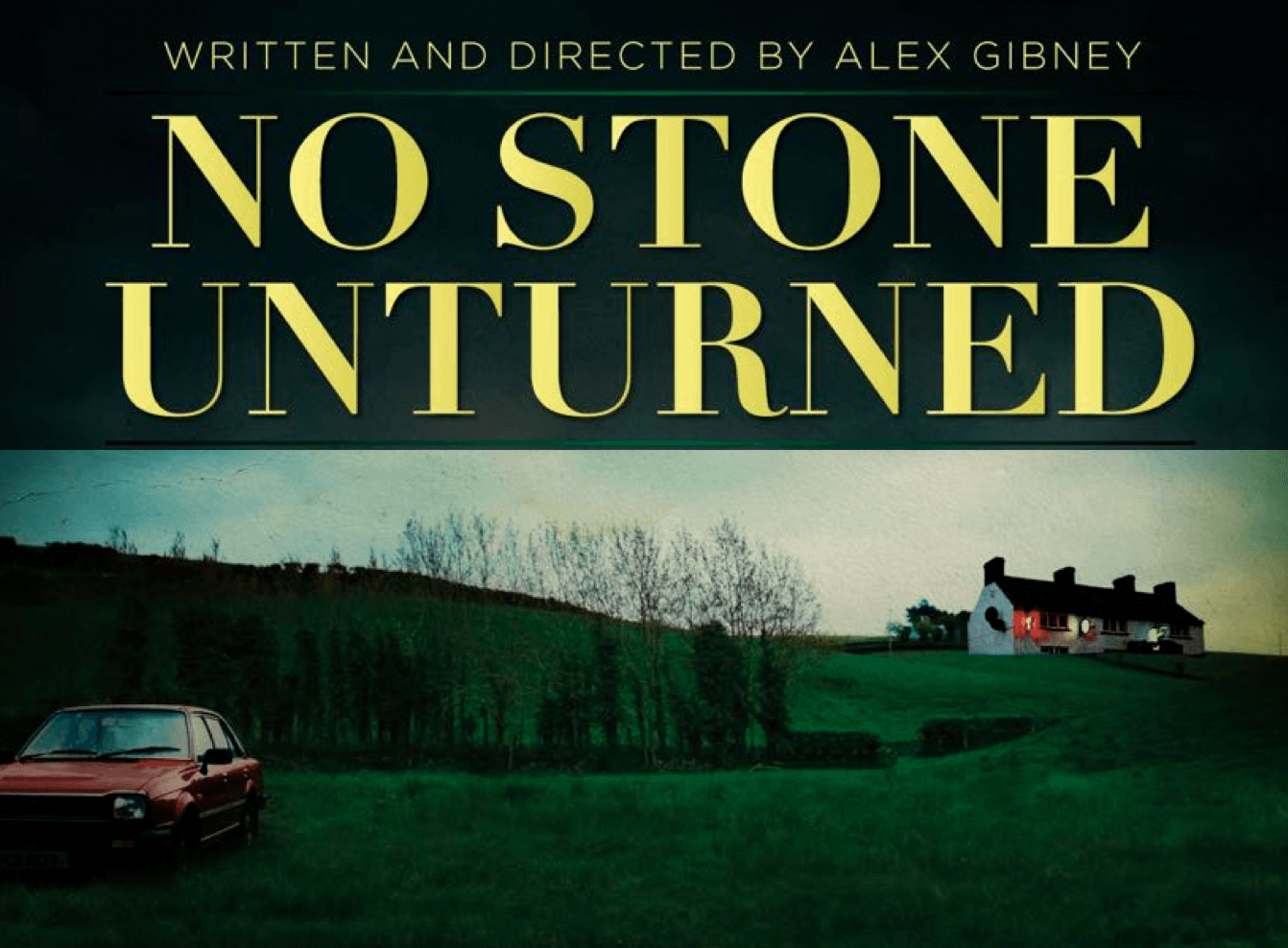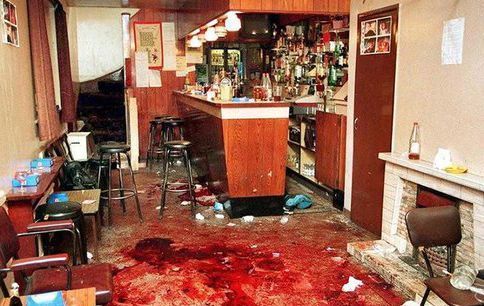INVESTIGATIVE journalists Trevor Birney and Barry McCaffrey will attend their third public hearing of the Investigatory Powers Tribunal (IPT) in London on Thursday at the Royal Courts of Justice.
The Tribunal has already heard that the PSNI launched a covert surveillance operation following the arrest of Mr McCaffrey – a former Belfast Media Group journalist – and Mr Birney in a bid to unmask one of their sources for their documentary 'No Stone Unturned' on the Loughinisland massacre of June 1994. The 2018 arrests of the men provoked a storm of protest.
The IPT has further heard that the arrests of Mr Birney and Mr McCaffrey in 2018 were a “disruptive” tactic to prompt the reporters to contact their source upon release.
The tribunal is examining allegations that the award-winning journalists were subject to unlawful covert surveillance by UK authorities.
PSNI TARGET: Barry McCaffrey
Amnesty International say the IPT hearing has the potential to be “a test case for press freedom in the UK”, while the Open Rights Group called the Tribunal "ground-breaking". The two groups were signatories to a joint statement alongside the Committee to Protect Journalists, Index on Censorship and Reporters Without Borders UK in which they urged the IPT to ensure “public transparency and accountability”.
The statement read: “The use of covert surveillance against journalists who speak the truth to power harms everyone’s right to freedom of expression and information. We are also concerned that it is not only journalists who are subjected to unlawful action by public authorities using covert intrusive techniques involving UK authorities.”
The story so far:
• In June 1994, six civilians are murdered by UVF gunmen while watching a football match in a pub in Loughinisland, County Down. The documentary, No Stone Unturned, tells the story of the victims and their families. It also examines the police investigation into the murders – for which no one has yet been charged. The film names the murder suspects and highlights allegations of collusion between the police and the gunmen, who used weapons supplied by Ulster Resistance.
• In August 2018 the police raid the homes of Birney and McCaffrey and the offices of Fine Point Films. Both journalists were arrested.
• On July 10, 2020, the High Court quashes the search warrants. At the judicial review, the journalists were supported by the National Union of Journalists, Media Lawyers Association, the writers' group PEN and Index on Censorship. The judges stated: “We see no overriding requirement in the public interest which could have justified interference with the protection of journalistic sources in this case.” The application before a judge for the search warrants fell “woefully short of the standards required to ensure it was fair”. Chief Constable Simon Byrne apologised for the unlawful arrests of Birney and McCaffrey.
• In June 2019 a written complaint to the Investigatory Powers Tribunal is submitted on behalf of the two journalists by Ben Jaffey KC and Gavin Millar KC.
• In March 2023 the journalists are told that the IPT had been looking into the case for years and the first public hearing was to take place in February 2024.
PSNI TARGET: Trevor Birney
Two public hearings have been held so far and revealed:
• The Metropolitan Police, Durham Constabulary and the PSNI spent 10 years spying on Birney and McCaffrey. This included obtaining telephone records and emails – all in an effort to identify journalistic sources.
• The arrests had been a deliberate "diversion" tactic by police and was part of a sting operation to find their source.
• PSNI intelligence officers had a secret database of journalist phone records.
• Police sought data from Trevor Birney’s wife and his solicitor Niall Murphy.
• The PSNI conducted five surveillance operations targeting McCaffrey.
Since the last hearings, the PSNI have published a covert powers report and been forced to admit that over the past 14 years it has applied for the phone records of more than 320 journalists and 500 lawyers.
The force further announced the appointment of London barrister Angus McCullough KC to conduct an independent review of the force’s alleged use of surveillance against journalists, lawyers, police regulators and NGOs.
The BBC has interviewed a former PSNI assistant Chief Constable, who claimed that a unit within the PSNI monitored journalists' and lawyers' phones on a dedicated laptop computer to avoid proper scrutiny.






